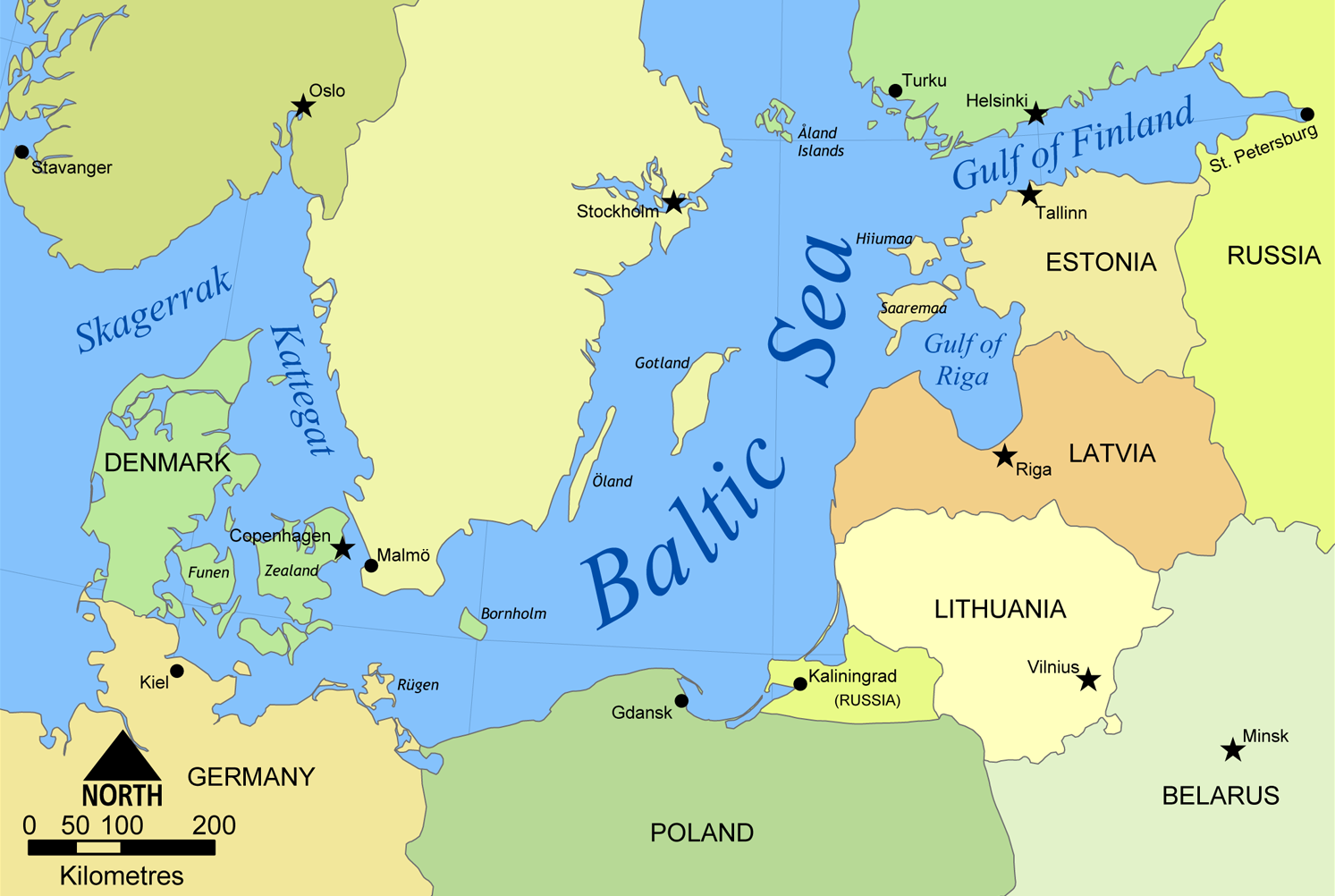What could "the west" do differently to make the "economic warfare" against Russia more effective?
Be realistic from begining not conducting economic warfare emotionally. Make Ursula and her cohort shut their mouth, as their rhetoric only backfire toward EU own market. This is what I have put in this thread before and some market analysts already warn.
Collective West from begining of this embargoes already went with mind set : "Our Economy much bigger and powerful then Russia, thus we can inflict more damage to them". However they are not calculating the overall costs that their economy will suffer. Perhaps they already did, but not openly shown that to the public. Like I said before the market analysts that warned the additional costs will be significant enough, not being cover by mainstream media, and only recently their voice being heard more.
They have to understand there's no way Global economy will shun Russian recources (whether hydrocarbon, metals, minerals, including the processed ones). It is just too big and some market will always need them. Russia simply much bigger than Iran or Venezuella, that it can't be shun like that without hitting them back.
The west politicians talk about hitting Russia cash flow on financing the war, when the reality the sanctions just add more cash flows toward Russian Coffer. Decoupling the West from Russia will take time, thus has to be done more gradually to be more effective. Afterall West and Russia already interconected too much on energy ecosystem. You don't decoupling on situation like that in instant or in short time.
Russia will get hurt more on certain segments, like high tech supply. That's where west should be more concentrated on that and not in Energy or Agriculture. Doing more gradually and discreet with energy to not create panic within West own market. Like I said, without the war market already predict USD 90 in average per gallon, with inflation around 6%-7% in average This is just due to Covid recovery. This economic warfare increase the costs significantly due to affecting structural damage.
West already want to punish Russia without calculating the cost that they are going to beared. This is what will happen if Politicians playing with market mechanism on emotional and moment populist thinking. Some EU politicians talking about green energy to take over the hydrocarbon problem. Sorry to say but it is most foolish argument that I heard because the most optimistics scenario will only put at least by end of decade. So, what the West going to do with energy for at least for a decade ?
Be realistic on doing economic warfare, and don't talk big aim if you know it will cost you back. That's what can make any economic warfare fizzle, the miss calculation on the costs that will hit you back.

www.wsj.com

